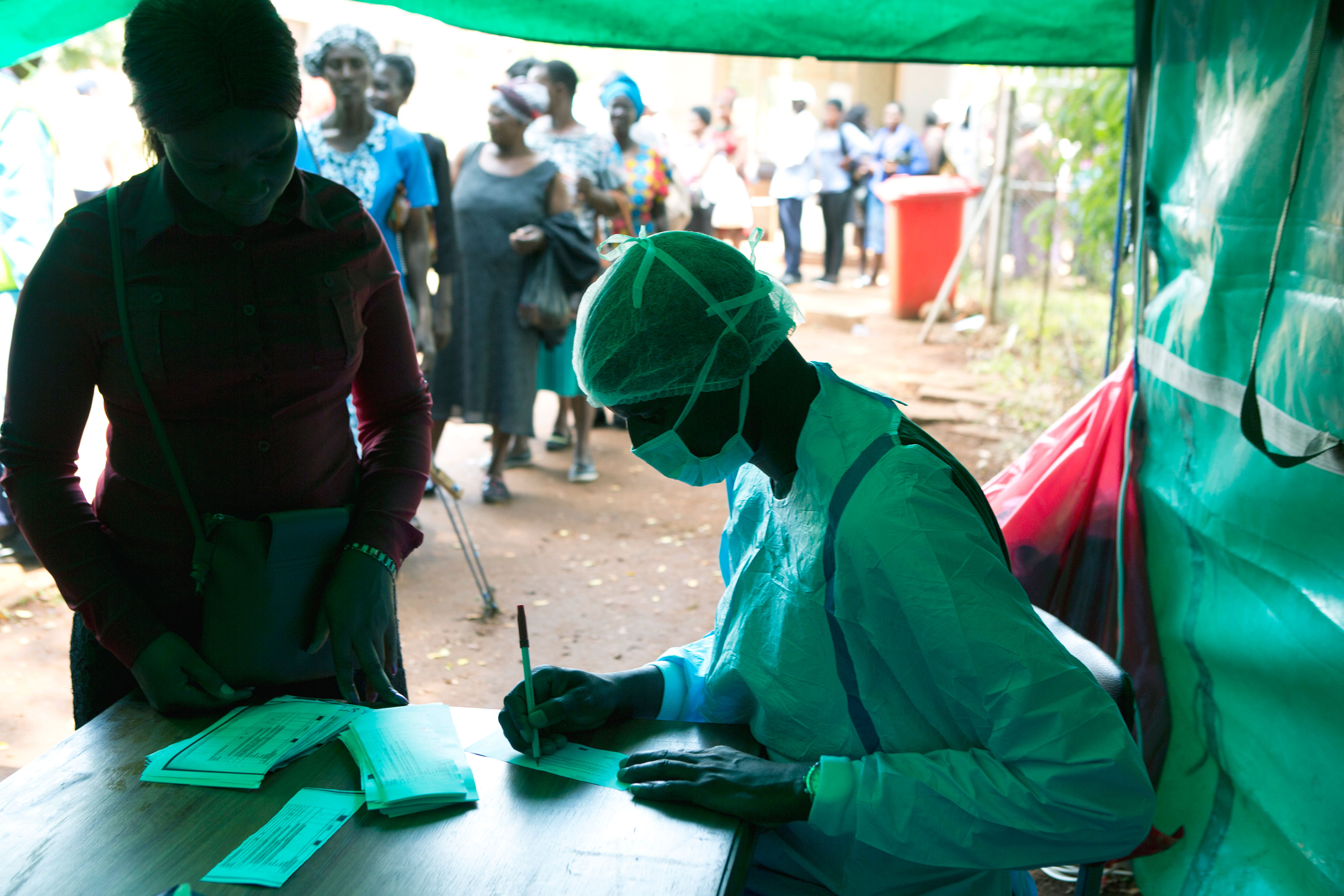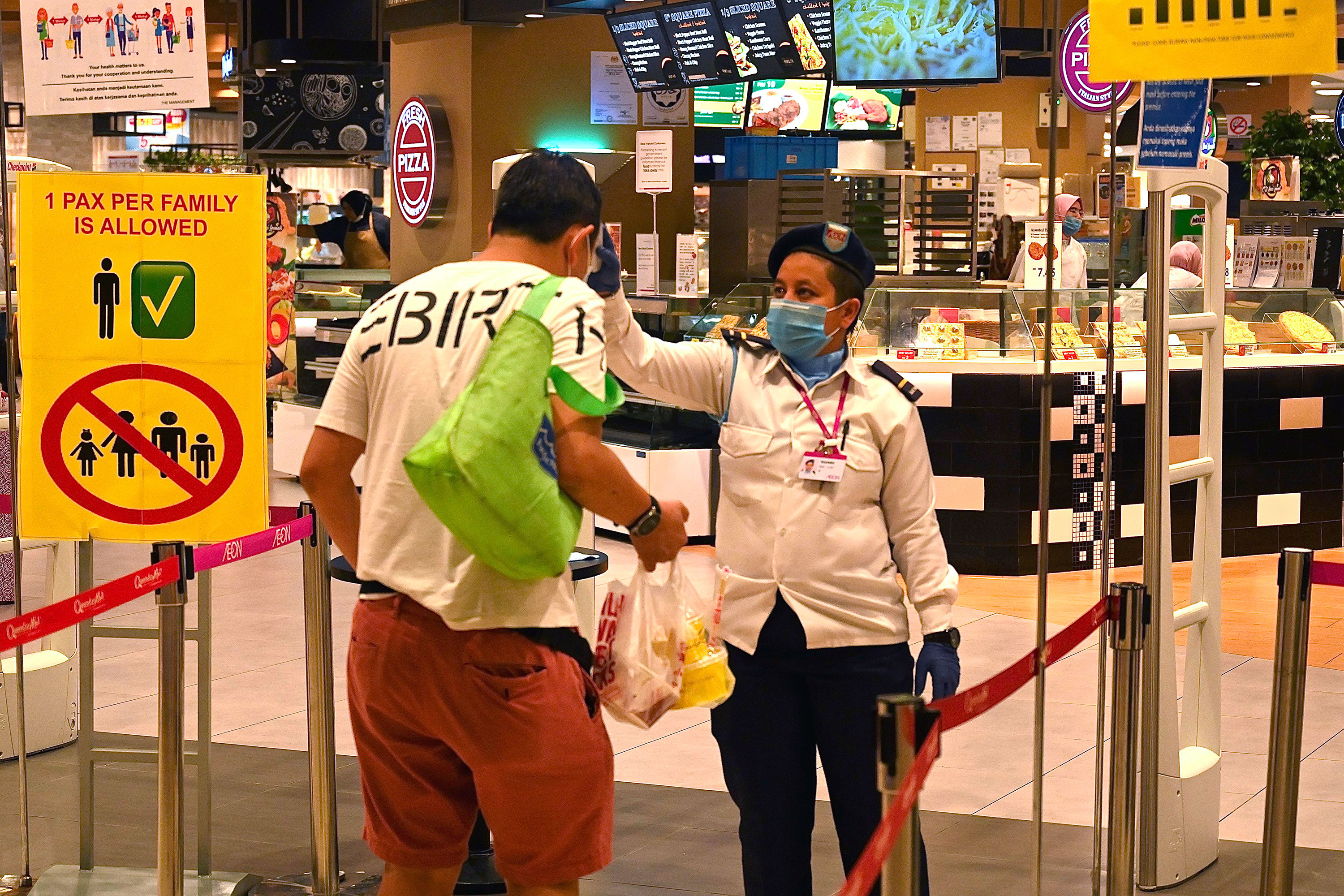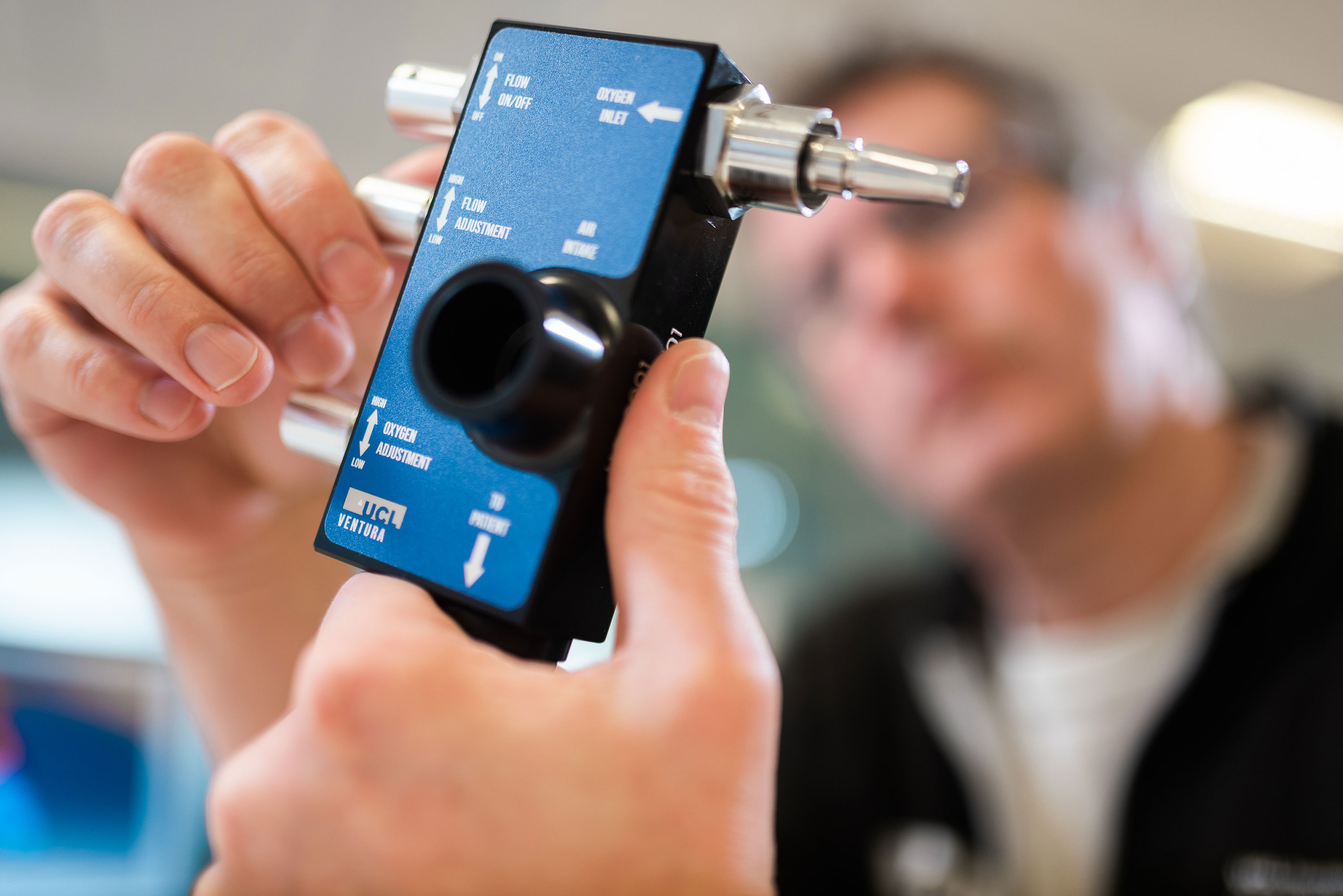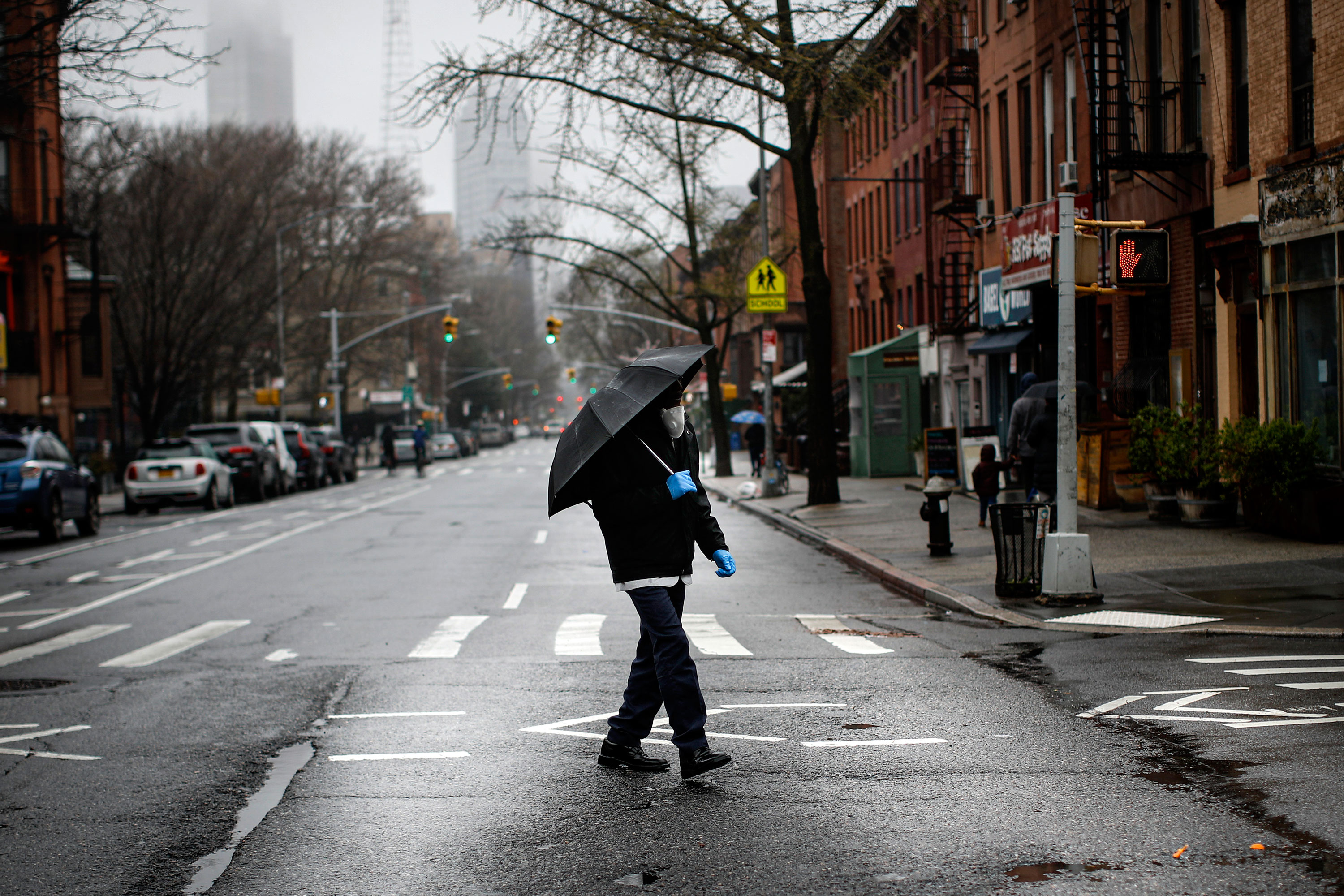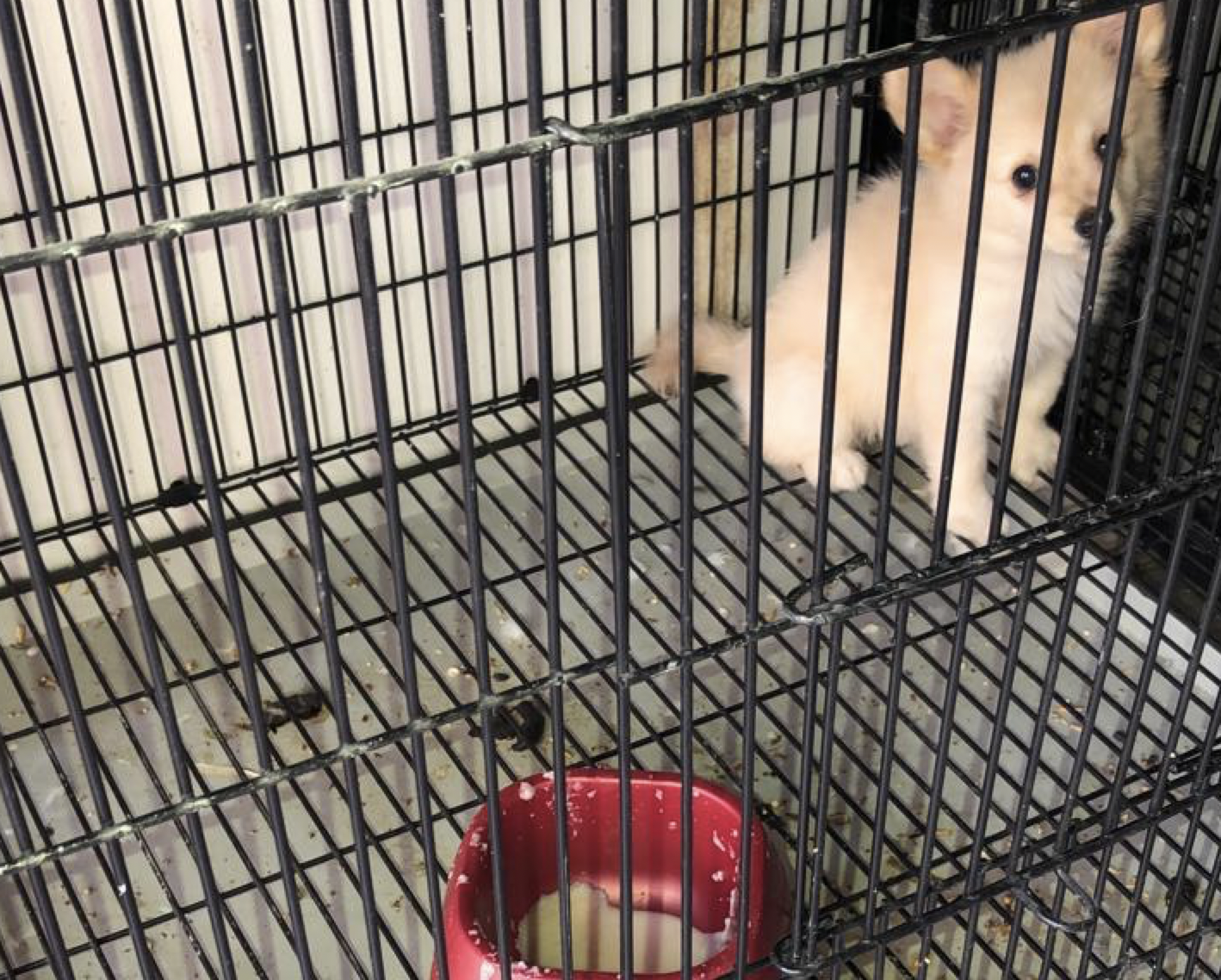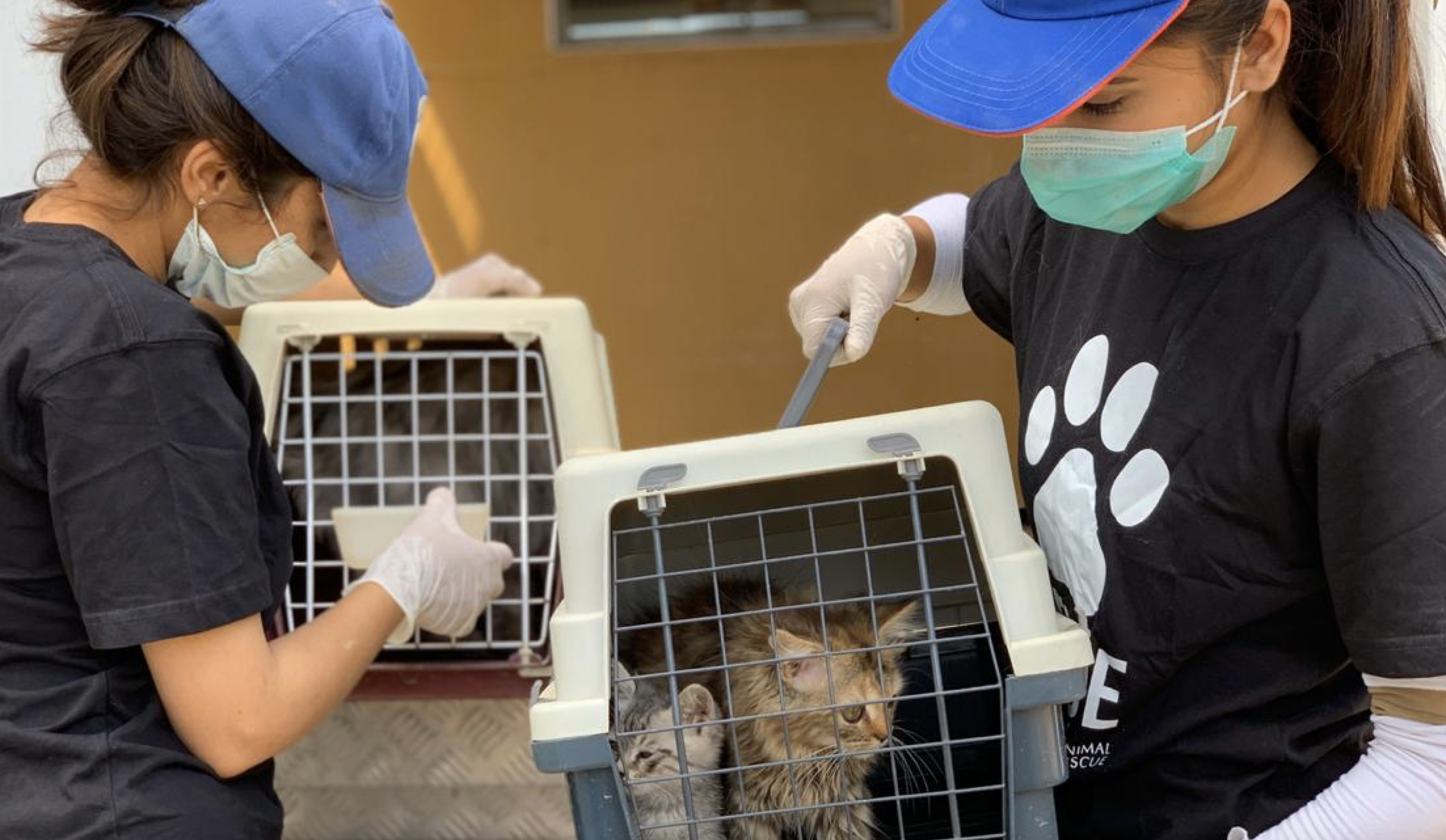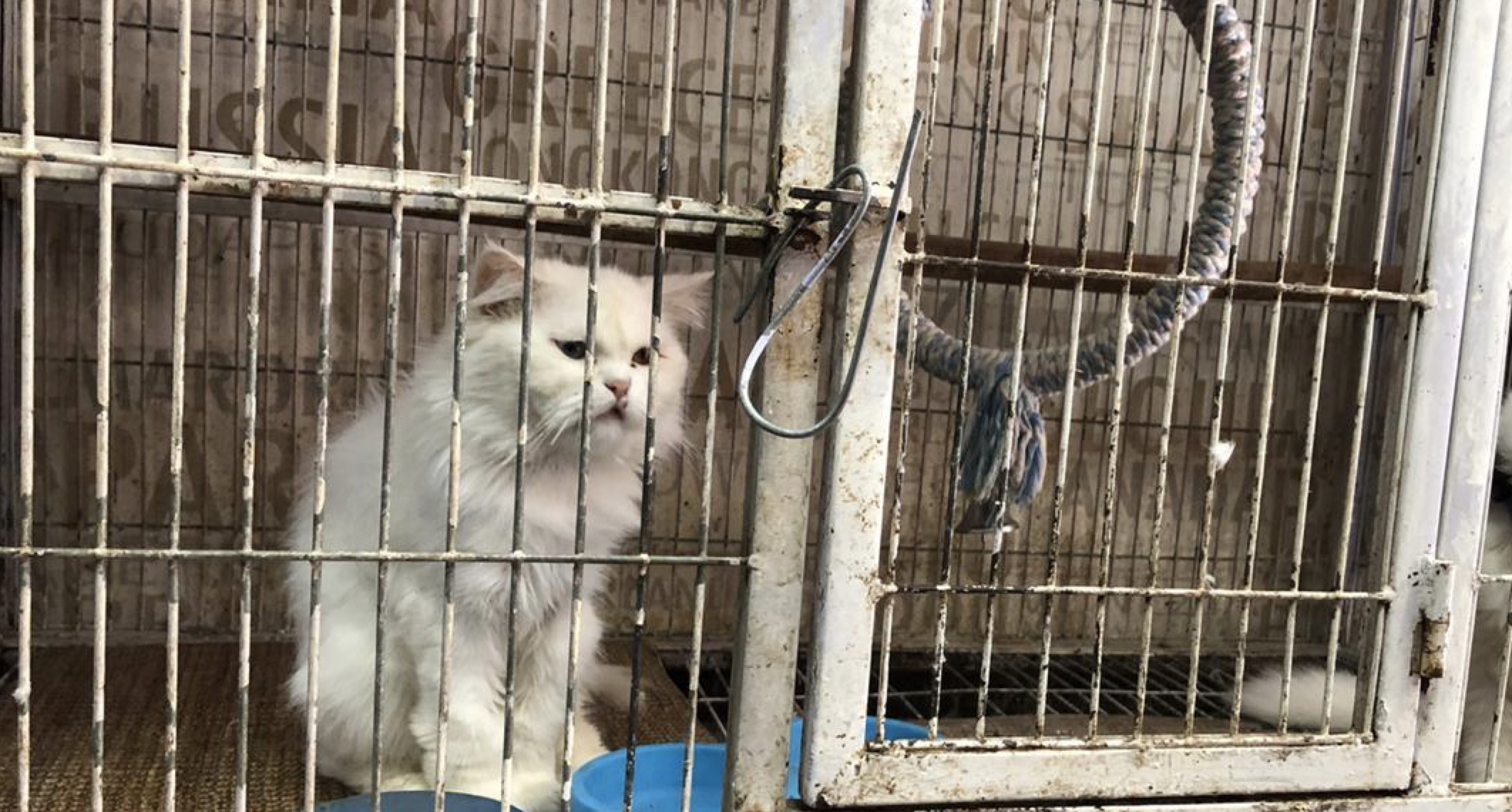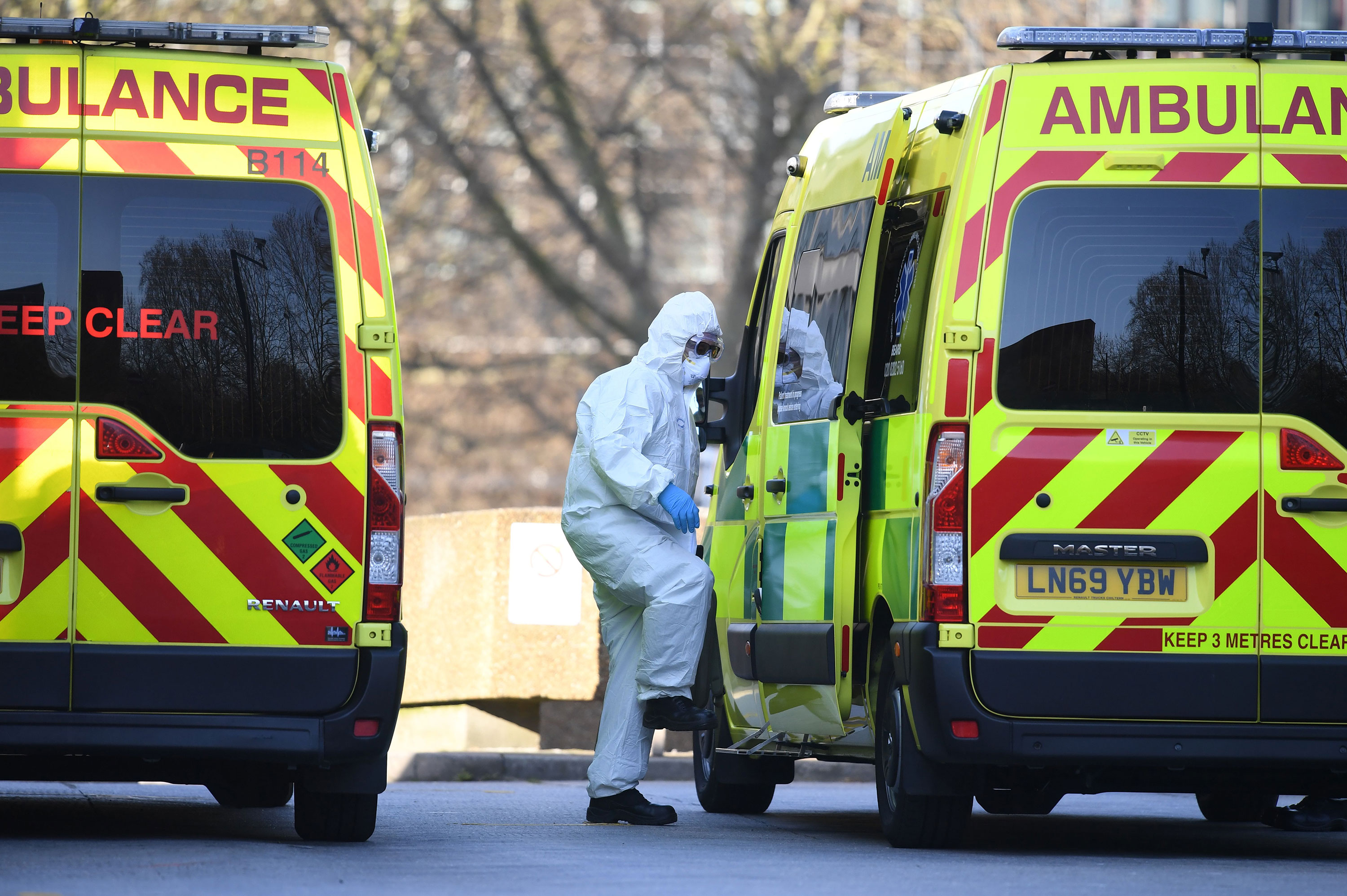
The coronavirus outbreak in the UK is showing early signs of slowing, according to Neil Ferguson, a professor of mathematical biology at Imperial College London.
“We think the epidemic is just about slowing in the UK right now,” he told BBC Radio on Monday. “It is the result of the actions people have taken and governments have taken.”
However he cautioned that the outbreak is in different stages in different parts of the country.
In central London, Professor Ferguson says it’s possible 3-5% of the population has been infected. However the figure is more likely 2-3% in the UK as a whole.
The UK had more than 19,500 positive cases as of Sunday, according to figures from the department of health and social care. At least 1,228 of those hospitalized have died.
Need for antibody test: He says the development of an antibody test will be “critical” to getting more accurate data on the extent of the outbreak.
The tests are in the final stages of validation right now,” Professor Ferguson said, adding that it could be available in “days rather than weeks.”
Junior Health Minister Helen Whately told BBC Radio that she is aware of work being undertaken to develop the test, but would not confirm when it would be available.
She also defended the UK’s record on testing for coronavirus, while conceding there are a “handful” of countries that are doing more testing.
First UK doctor dies of coronavirus: An ear, nose and throat consultant has become the first UK medical practitioner to die of the coronavirus. Health authorities wouldn't confirm his age, but said he died Saturday at Glenfield Hospital in Leicester, England.
